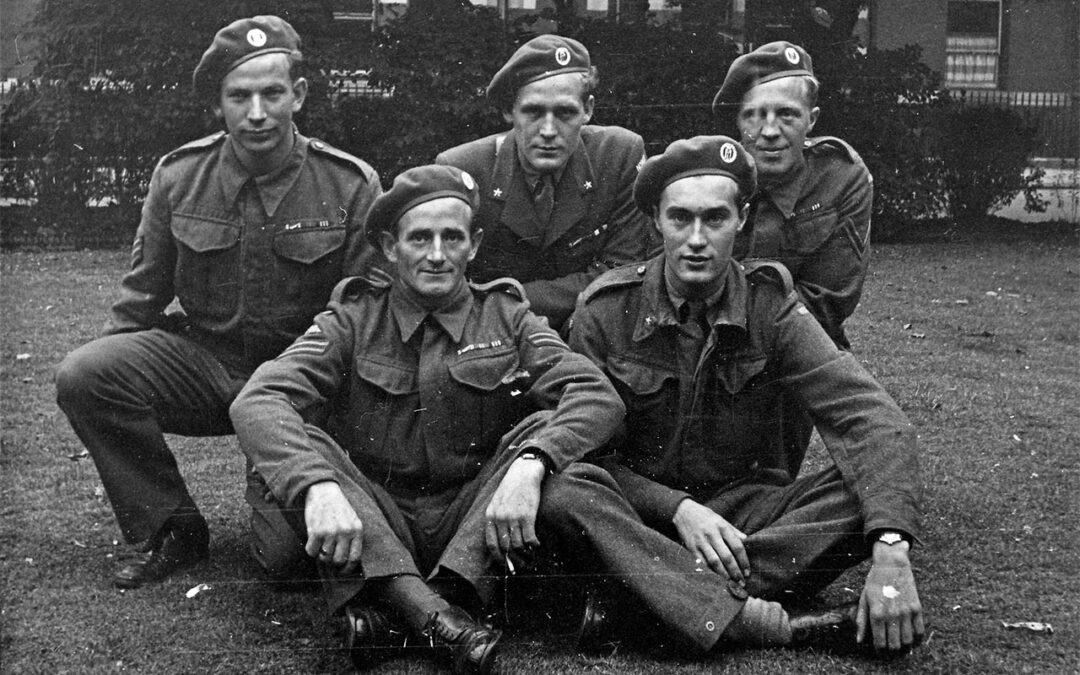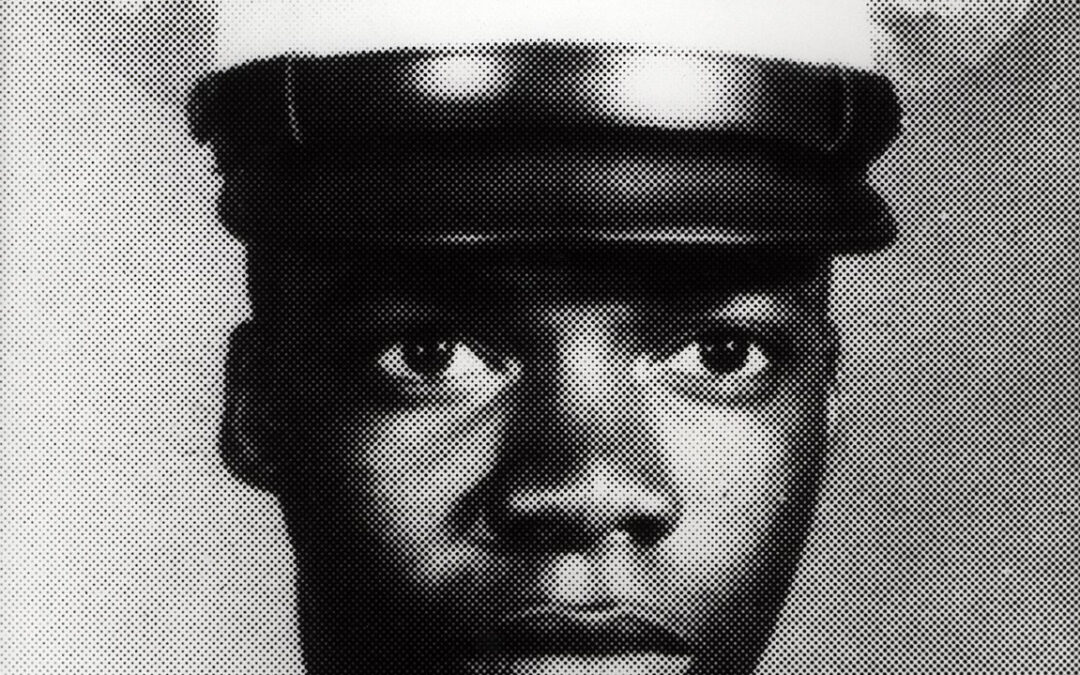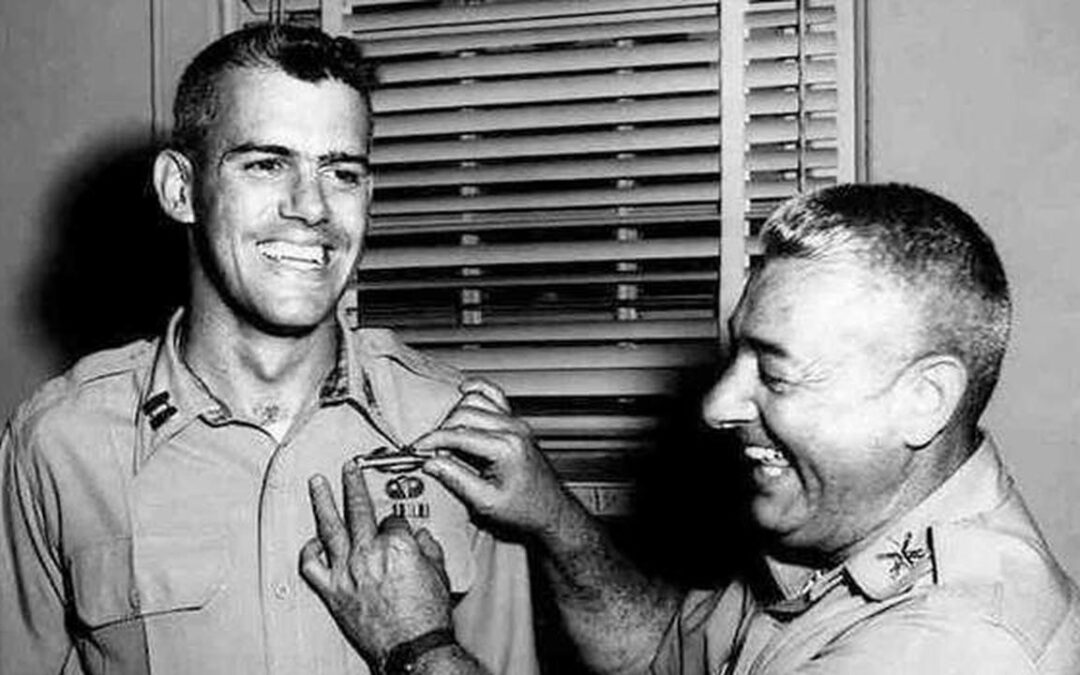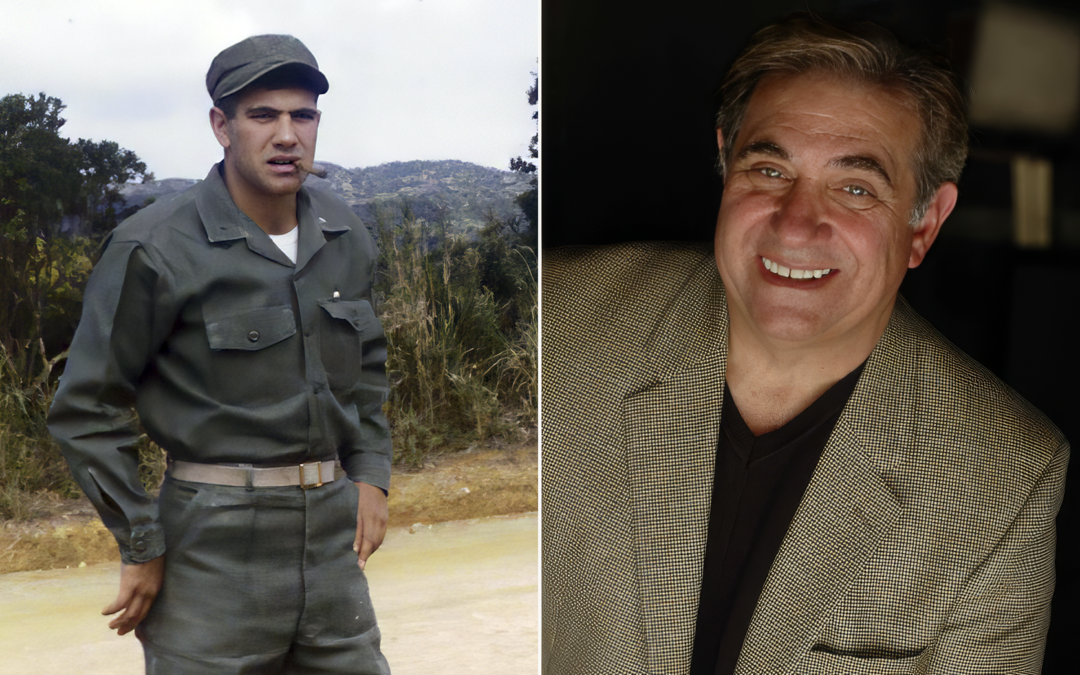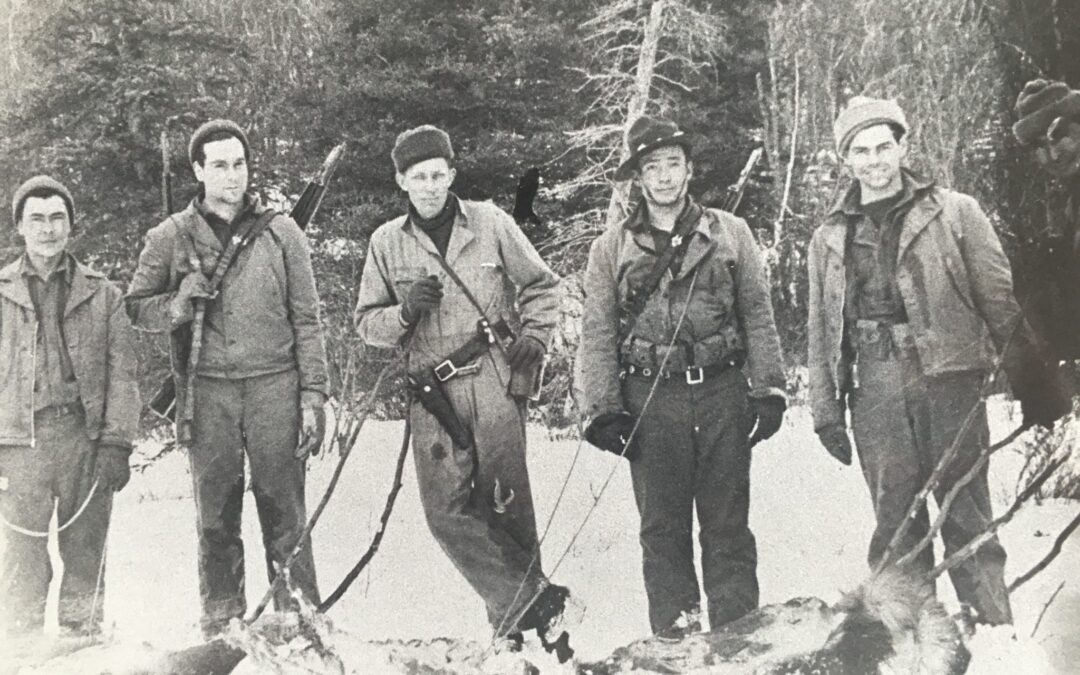The plan was audacious, requiring a midnight parachute jump onto a snow-covered mountain plateau, cross-country skiing in subzero temperatures and an assault on an isolated, heavily guarded power plant in southern Norway. And the stakes, though no one in the five-man commando team knew it at the time, were spectacular: Destroy the Nazis' sole source of heavy water, a recently discovered substance that Hitler's scientists were using to try to develop an atomic bomb or risk the creation of a superweapon that could secure a German victory in World War II. "We didn't think about whether it was dangerous or not," Joachim Ronneberg, the 23-year-old Norwegian resistance fighter charged with leading the mission, later told Britain's Telegraph newspaper. "We didn't think about our retreat. The most important decision you made during the whole war was the day you decided to leave Norway to report for duty. You concentrated on the job and not on the risks." Joachim Ronneberg is One of The Great...
